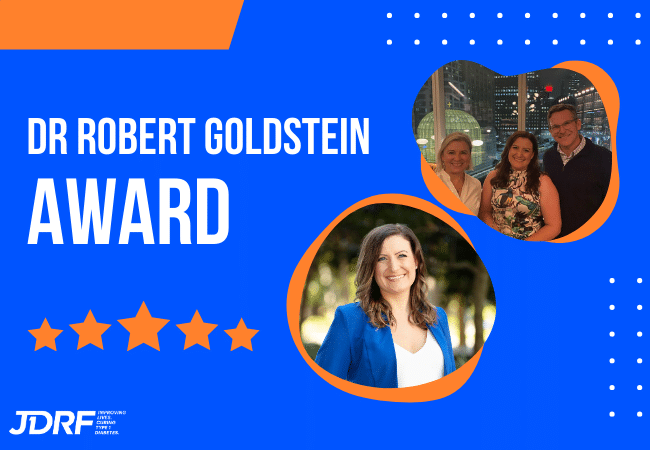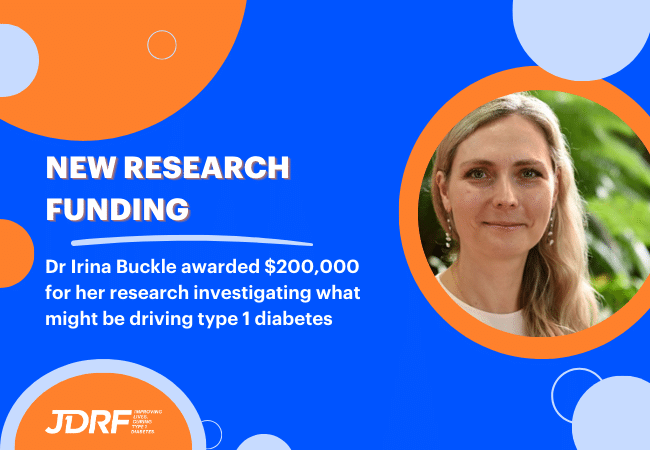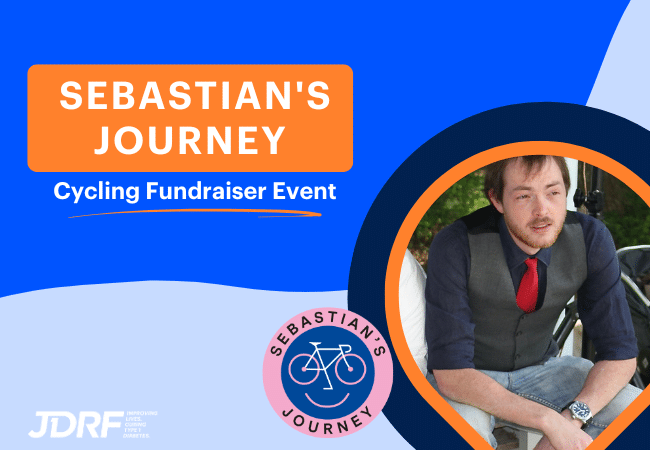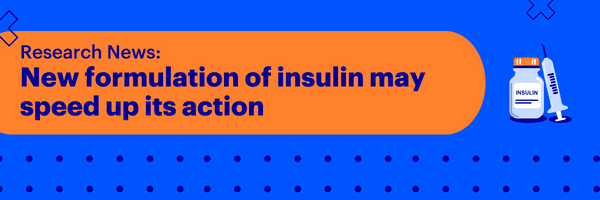A Researcher’s Life in Lockdown: Q&A with Dr Kirstine Bell
Dr Kirstine Bell is a Credentialled Diabetes Educator, dietitian and researcher who runs a type 1 diabetes research program at the Charles Perkins Centre at the University of Sydney. Earlier this year, Kirstie was selected to lead Australia’s first general population screening program for type 1 diabetes. We caught up with Kirstie to hear about her life in lockdown, how her research has been affected, and what she’s looking forward to doing once isolation is over.

What were you working on before COVID-19, and how has that changed in the last month or so?
I came back from maternity leave in January, and was all excited to start planning the general population screening project – then we all got told to work from home, which made things a little more difficult. But I’m lucky in a way, because my first job for that project is to do a whole lot of reading – finding evidence from similar studies overseas, looking at existing programs in Australia like breast cancer screening, and planning how T1D screening could work in Australia. I’ve been able to immerse myself in that without the distractions that usually come with working in an office, so that’s been really good.
How has this pandemic changed the way researchers work?
It’s definitely made it a bit harder to network and connect with people, which is an important part of our job. But it’s also made us stop, slow down a bit, and think about how we do things. Research can be quite hectic, so slowing down has given us the space to think about how we work, and whether there are better ways of doing things. I’ve seen some really creative solutions to overcome the obstacles of COVID-19, and I hope some of those new ways of doing things stick around after this is over.
What’s an example of some of those creative solutions?
One of the clinical trials I run is looking at how different nutrients affect mealtime insulin dosing – it’s always been run on-site at the University of Sydney, but now people are taking part from their own homes. We give them the meals they need to eat and the equipment to measure their blood glucose, and we check in with them regularly over the phone or video call. They still need to visit a local pathology centre to get blood taken, but the feedback we’ve had is that it’s actually much better for people to do it this way. Technology is a great help at the moment – I was on a video call this morning with 75 other people and it worked surprisingly well!
What are you doing in your spare time to stay sane during isolation?
I have a 10 month old daughter, and it’s been really great being able to spend a lot of quality time with her – time in the mornings and evenings that I wouldn’t normally have if I was commuting to work every day. She doesn’t allow for a lot of other hobbies, but I do like cooking and baking.
Have you watched Tiger King?
No! My husband and I watched one episode and it just made me mad, so I had to take some time out after that. We’re all about Masterchef and Lego Masters now.
What are you most looking forward to doing once isolation is over?
Catching up with my girlfriends for a coffee – it’s great that we have phones and video conferencing, but nothing beats seeing people face to face. And there’s a lot of milestones happening – my brother got married, my daughter is turning 1 – so I’m looking forward to getting together with family for some delayed celebrations.
Are there ways people can still contribute to research during isolation?
Definitely – it’s great if you can volunteer for a clinical trial, but that’s not the only way you can participate. For example, we’re going to need to talk to a lot of families who have experience with T1D to design our population screening study – we want their thoughts and ideas. Being available to answer questions and share your experiences and feelings – even in informal places like Twitter – that all informs research, and is all incredibly valuable.
Interested in hearing more about research & clinical trials? Sign up to be a JDRF Game Changer and receive regular updates on the latest T1D research.




